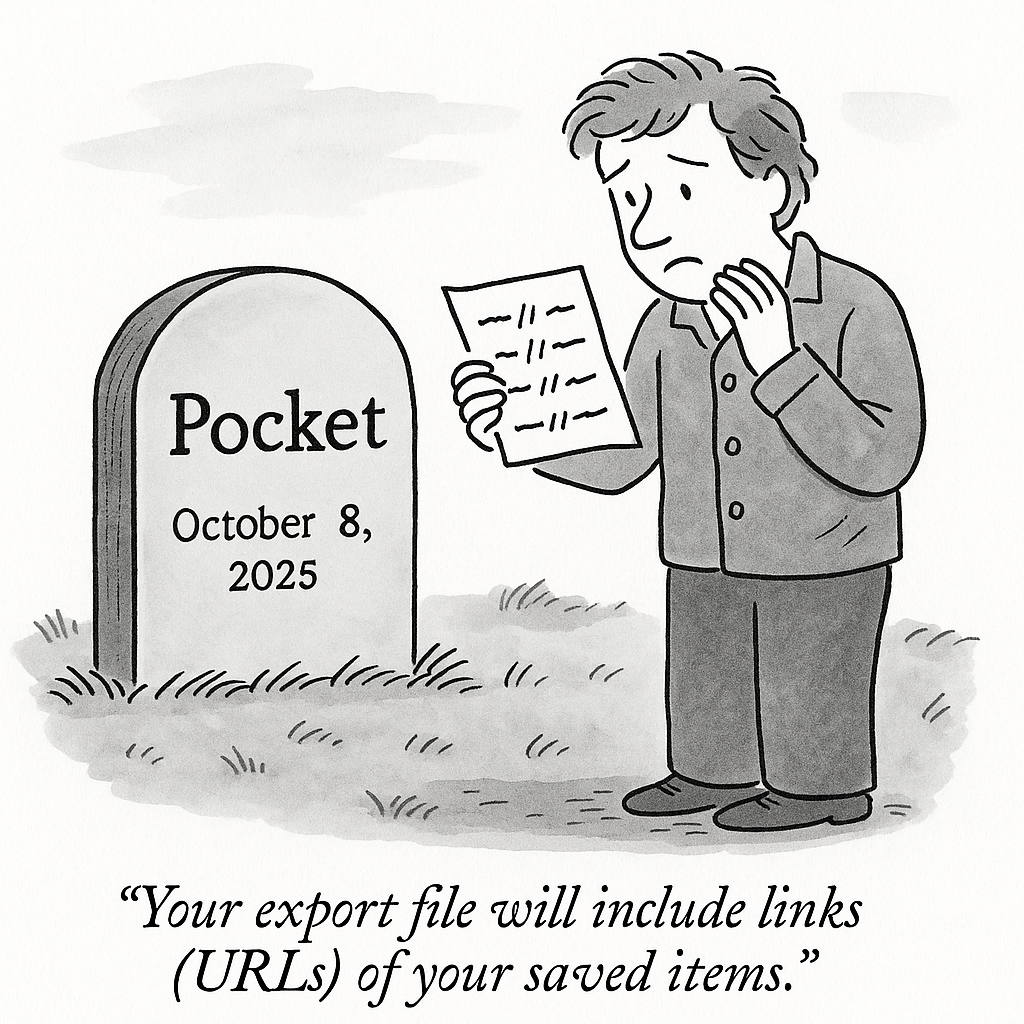Recently, I volunteered on a subcommittee of the New York State Bar Association's Trusts & Estates Committee that is exploring drafting a separate statute to cover in terrorem clauses and lifetime trusts.
In the documents that I'm reviewing for the first meeting, I came across the following comment:
Codifying an exception [from forfeiture due to a no-contest clause] for [certain] actions always runs the risk of drawing the exception too narrowly and preventing development of the law to deal with unanticipated circumstances.
What I like about this quote is that it answers a question that I keep running into as I'm researching my book, Estate of Confusion: New York: Why didn't lawmakers simply address an ambiguity? The quote informs that some ambiguity is intentional by lawmakers who are concerned about making the rules rigid and inflexible. Some ambiguity is helpful because it allows judges to fill gaps on a case-by-case basis.
A challenging aspect of drafting legislation is finding the right balance between detailed rules and case-by-case flexibility. The takeaway is this: Confusion can be good!
Hani Sarji
New York lawyer who cares about people, is fascinated by technology, and is writing his next book, Estate of Confusion: New York.



Leave a Comment